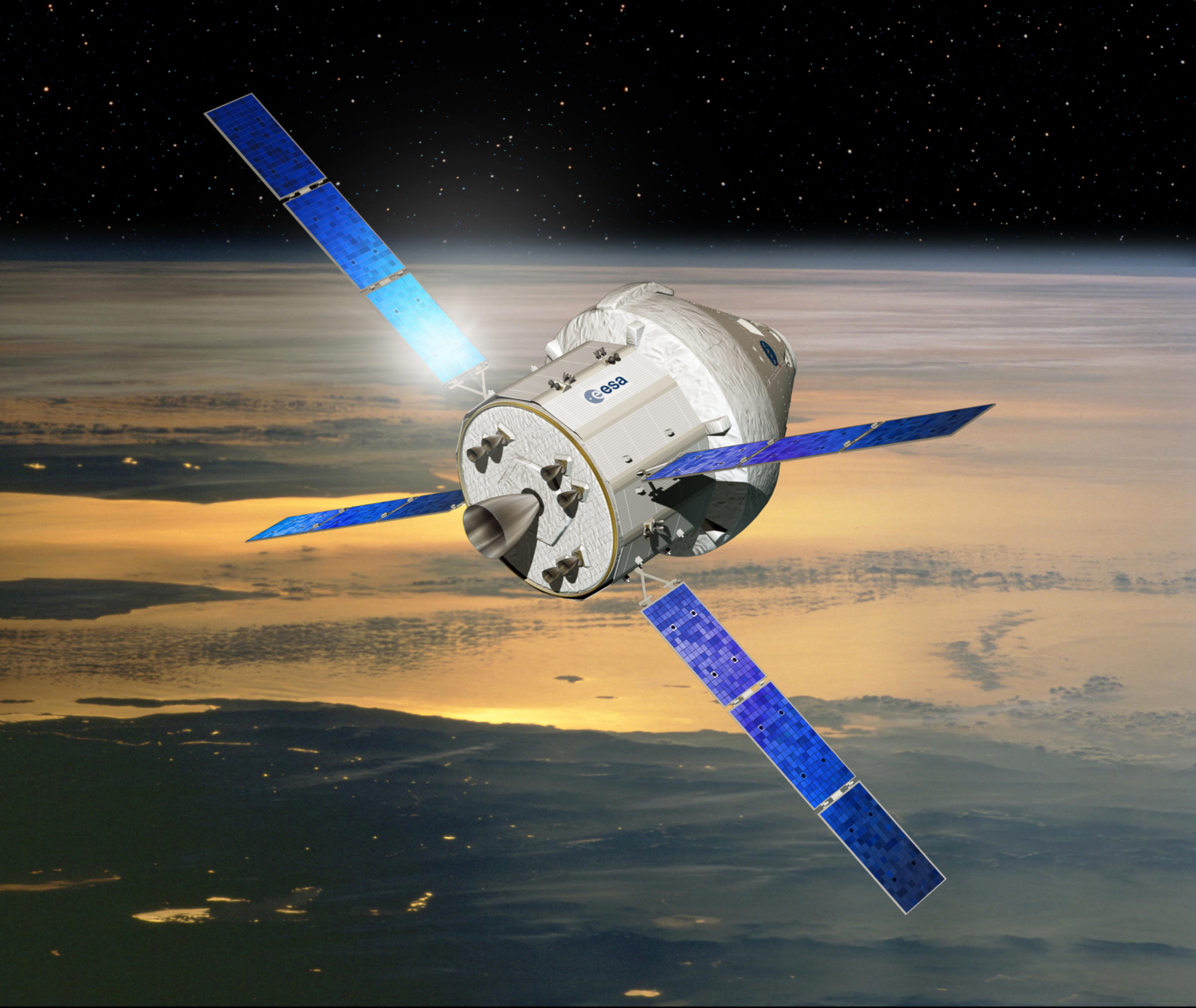Louis D. Friedman • Mar 31, 2014
The Future of Human Spaceflight – A Public Forum
The biggest space policy issue and the greatest space program uncertainty is: What should be the future of human spaceflight? Proponents of human space flight have urged returning to the Moon including establishment of a lunar base or looking beyond the Moon to send humans to Mars. Opponents argue that robotic missions can explore as much for far lower cost and with more scientific return.
In the 42 years since the last Apollo mission, humans have not flown beyond low Earth orbit. The capability to go back to, let alone beyond, the Moon does not exist, nor is any project approved with those ends. President Obama adopted the flexible path proposed by the 2009 (Augustine) Committee to Review U.S. Human Spaceflight Plans by proposing NASA plan a series of steps into the solar system – reaching a near-Earth asteroid by 2025, the vicinity of Mars in the 2030s and landing on Mars in the early 2040s.

Even the first step in that plan is beyond the capabilities of current space systems unless the near-Earth asteroid is redirected from its natural orbit to one closer to Earth, around the Moon. The robotic Asteroid Redirection Mission (ARM) is a new and exciting idea now proposed by NASA to enable human space flight to go beyond the Moon and start on the path to Mars. The proposal has generated both enthusiasm and skepticism – some question its cost, some think it is a detour on the way to Mars or back to the Moon, while some see it as the only practical way to revitalize NASA and get human space exploration started again.
The event is organized and hosted by the Keck Institute of Space Studies (KISS) at Caltech, and co-sponsored by The Planetary Society. I will be the moderator.
I have been the co-leader of the now-famous KISS study which first presented the idea of an Asteroid Redirection Mission to enable the first step beyond the Moon to be taken before 2025. The KISS study continues with a follow-on technology development activity examining how the technologies of asteroid retrieval can enable further steps in human spaceflight, including perhaps getting all the way to Mars. Our astronaut panelists are participating with the KISS study.
As co-leader of the KISS study, I am naturally very enthusiastic about the Asteroid Redirection Mission. It is the only way I seen to advance human spaceflight within the constraints of realistic budget planning. The mission, a stepping stone to Mars, is consistent with both The Planetary Society Roadmap developed several years ago and the Augustine Committee’s flexible path into the solar system. But, for me, the mission epitomizes the creativity, excitement and adventure of human space flight – moving part of the solar system robotically to create a scientific target extending human space flight further than it has gone before. The asteroid isn’t so important – the human accomplishment is what we seek, and what, I think, will finally lead us on to Mars.
There are other views – as noted above. Some want to focus back to the Moon, some want the commitment to Mars now, and all have to balance their view about what to do with how they propose to do it. Our three astronauts on the panel are deep into these subjects: Rusty Schwickart, an Apollo astronaut, has been a leader on issues related to planetary defense, Tom Jones, a shuttle astronaut, is a planetary scientist who specialized in asteroid studies, and Garrett Reisman, another shuttle astronaut, is helping to develop the first privately funded human space flight at SpaceX. I hope members (and many others) will be able to join us for this panel discussion by the astronauts examining the Future of Human Spaceflight.
Let’s Go Beyond The Horizon
Every success in space exploration is the result of the community of space enthusiasts, like you, who believe it is important. You can help usher in the next great era of space exploration with your gift today.
Donate Today

 Explore Worlds
Explore Worlds Find Life
Find Life Defend Earth
Defend Earth

